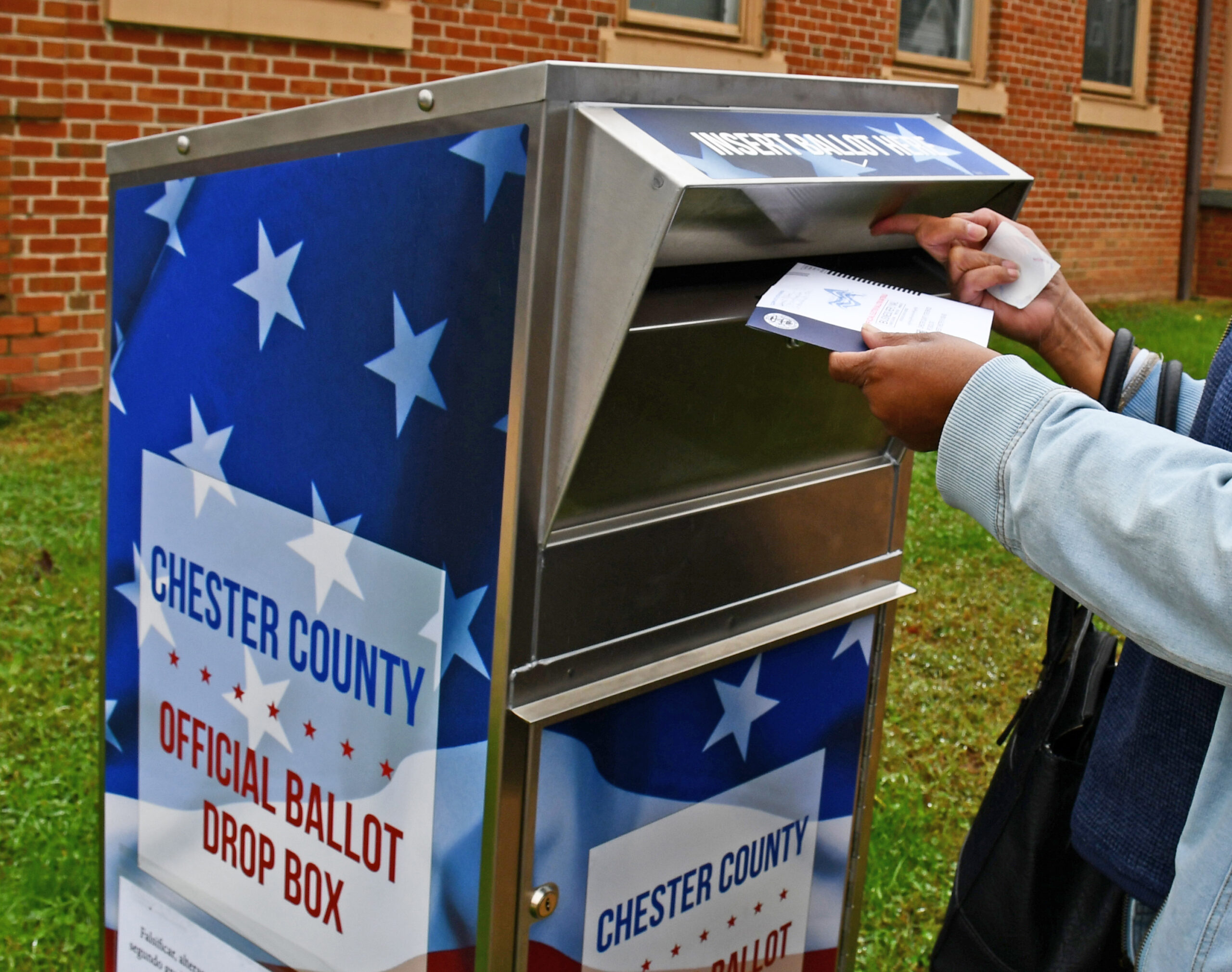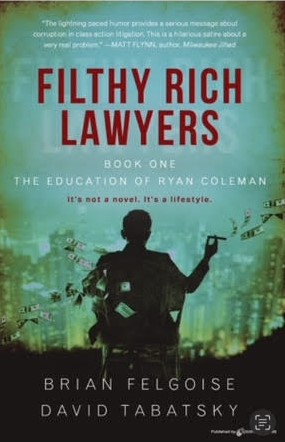The Republican National Lawyers Association (RNLA) is training thousands of volunteer attorneys to monitor the November election in key battleground states, with training sessions this month for Wisconsin, Texas, Arizona, Michigan, Georgia, Virginia, and Pennsylvania. “We’re kind of like the National Guard that deploys the troops and somebody else commands them,” says RNLA President Michael […]


